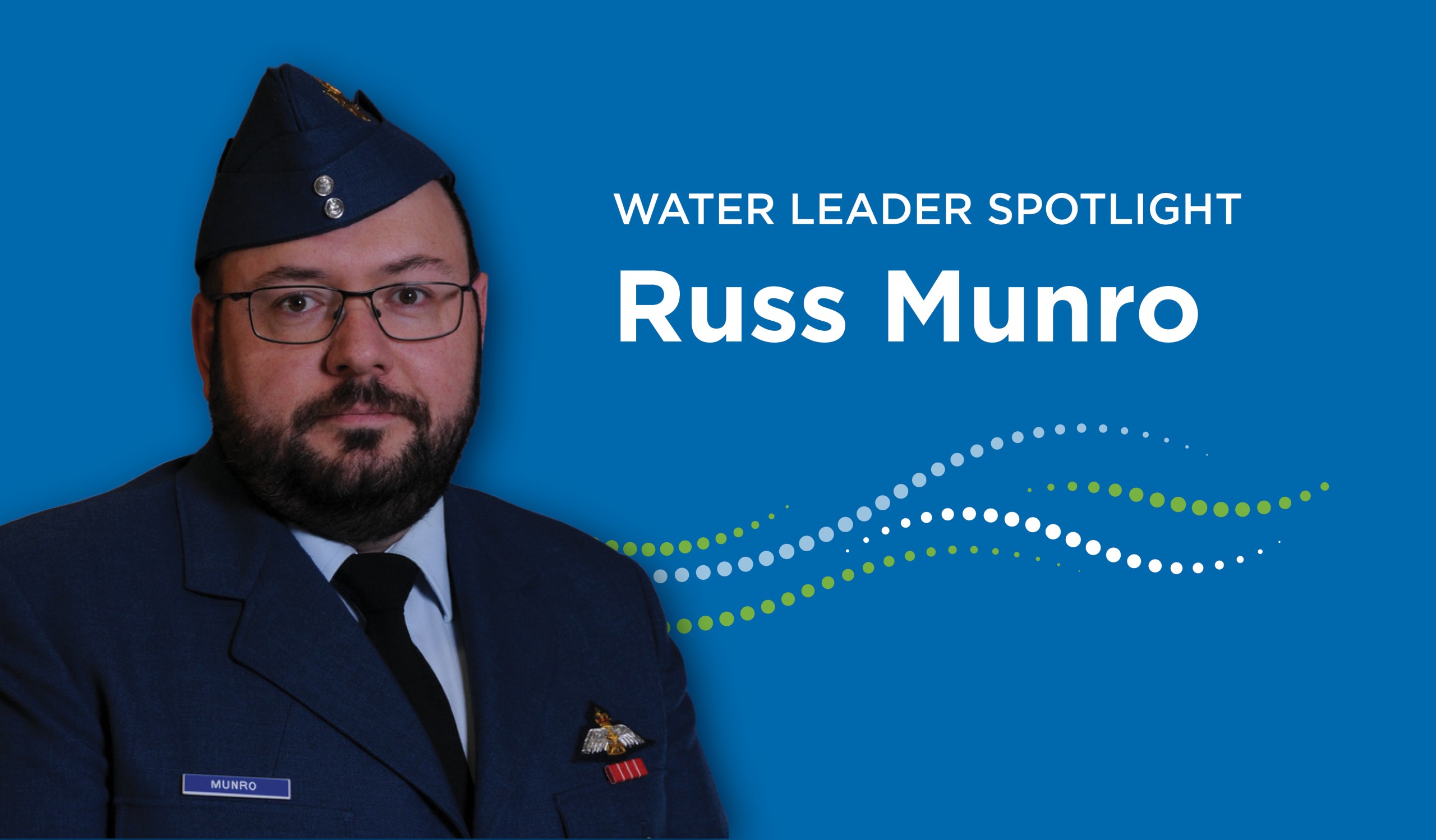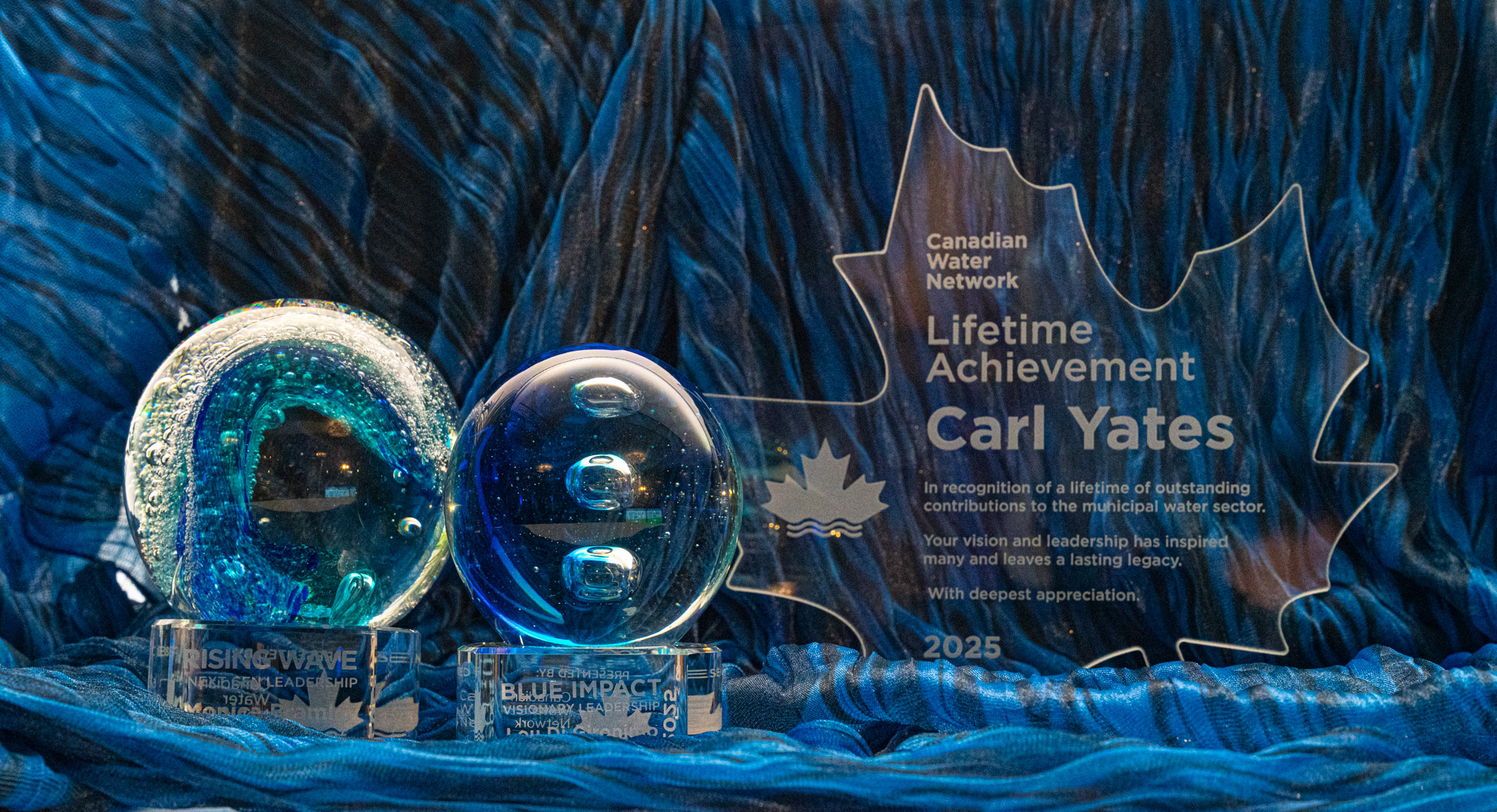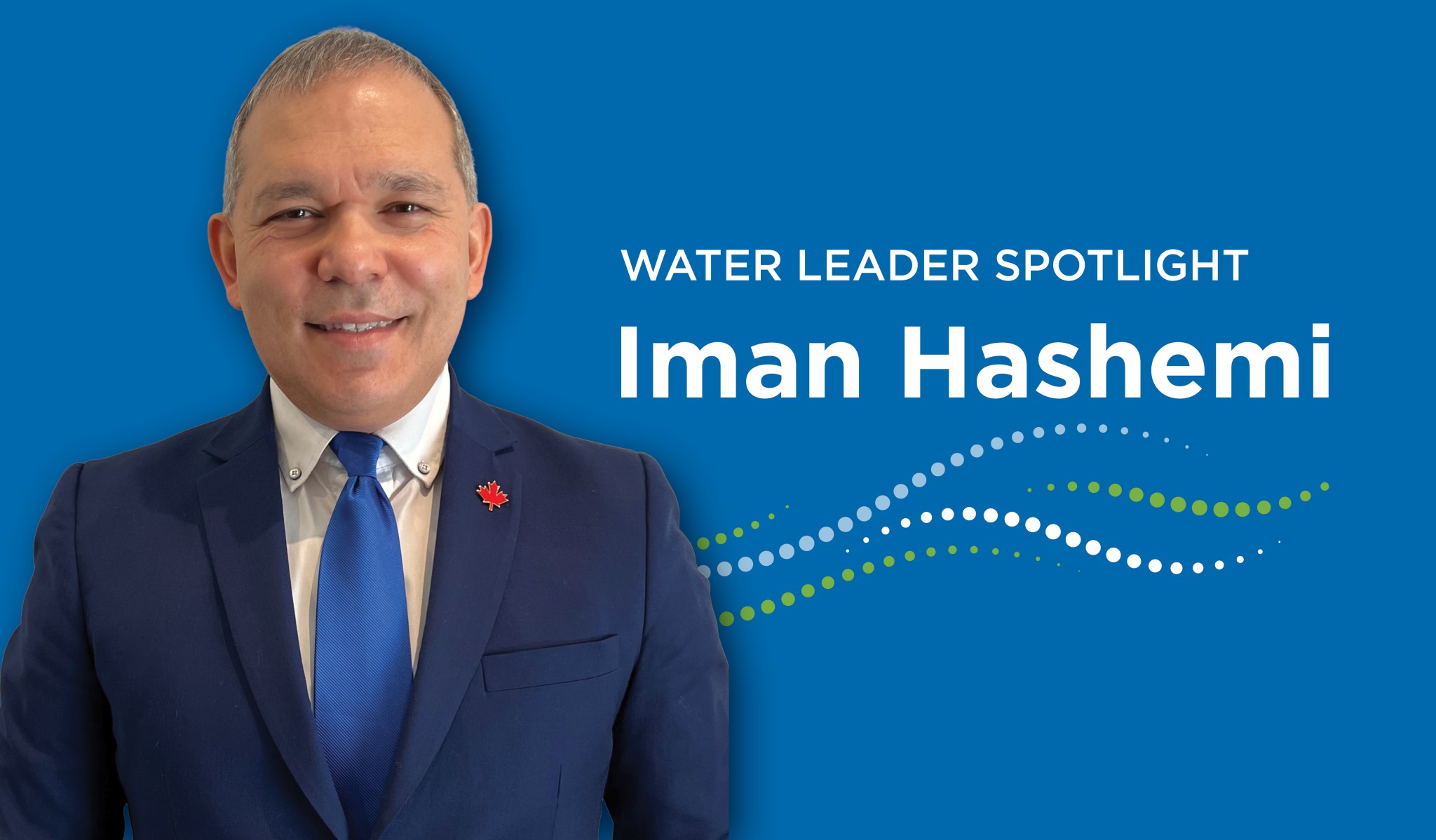Water Leader Spotlight – Russ Munro, Saskatoon Water
December 6, 2024
CWN’s quarterly newsletter with the latest news, insights, and thought leadership.

Submitted by Katina Tam, Senior Program Advisor
Meet Russ Munro from Saskatoon Water
Many of Canada’s municipal water leaders are exceptional individuals with diverse backgrounds. To celebrate and elevate their contributions, CWN is creating profiles that showcase their career paths and insights on industry trends. For our third water leader spotlight, meet Russ Munro, director of Saskatoon Water. Early influences led to his decision to work in water, but the desire to serve others, a proclivity for lifelong learning, and the satisfaction of leading an engaged team have kept him there.
Can you describe what led you to choose a career in municipal water? What has your career path looked like since you joined the industry?
My introduction to civil engineering happened when I was only nine years old. I was travelling in Manitoba with my dad, who worked as an engineering consultant in water and wastewater. We stopped and entered a small building with a hatch on the floor. My dad told me, “I’m going to go down here — if I pass out, don’t you come in. Run across the street to the fire department and tell them where I am.” Once my dad opened the hatch, I realized we were inside a lift station full of waste. After he returned safely, I declared, “Engineering is disgusting. I will never be an engineer, and I will never do this.”
Fast forward to high school, where I excelled in physics and chemistry. At sixteen, I became a pilot, cementing my interest in aviation and engineering. I joined the Navy and completed a degree in mechanical engineering. Once I was ready to leave the military, I accepted an opportunity to work at the water treatment plant in Saskatoon. Fluid mechanics have always interested me, and I absolutely love everything about water. Eventually, my role expanded into the municipal engineering group, where I took on the water, wastewater, solid waste, stormwater and roadways portfolio. After serving as director of water and waste operations, I returned to Saskatchewan Water as director.
This journey has come full circle… despite swearing off the industry at age nine, I have enjoyed working in this field for my entire career.
What do you enjoy most about your work?
While the engineering aspect of my work is fascinating, many other elements excite me as well, such as people management, utility management and environmental management. This industry is cutting-edge!
Many leadership books emphasize the need to find purpose. I believe people with a sense of purpose are drawn to this industry because they want to serve their community. A career in water and wastewater is not typically seen as glamorous — you don’t see it portrayed on television like you would for doctors or lawyers. Yet it has a tremendous impact on the community, which attracts people who genuinely desire purpose in what they do each day. They are truly interested in their work and community service. This makes it enjoyable to be a leader or manager.
Which skills are critical for achieving success in municipal water management?
Problem-solving skills: Problem solving is the ability to analyze issues, such as failing infrastructure, and determine solutions. These skills are essential, whether you are an operator, engineer or manager. You need to be able to look at a problem and determine, “This is what’s wrong and I can apply this to solve that.”
Leadership skills: The ability to influence behaviour in a positive way is important. Leaders, managers, directors need to influence people — on their team, at city council, in public forums and the media. An operator needs to influence maintenance to prioritize the right equipment. An engineer needs to influence operators and how they use equipment.
A process mindset: It’s important to apply a process perspective to the work. Operators working with equipment need to understand how something broke and what the next steps are to get it up and running again. Engineers designing HVAC or water treatment processes need a similar mindset. This also applies from a business standpoint. Managing a utility involves understanding and optimizing processes, including the supply chain.
What are the proudest moments in your career in municipal water management?
How did it contribute to the community or organization and what factors led to its success?
In 2014, we received the Canadian Network of Asset Managers Tereo Award for excellence in asset management for our new intake in Saskatoon. I’m proud of the approach we took for commissioning and setting up the infrastructure. The award recognized our early’ asset management mentality’ towards the project, which included documenting all assets and having all safety plans in place. When it came time to operate the intake, everything was ready to go.
While I was working at Saskatoon Water, I went back to school and completed a Master of Science in civil engineering. My thesis focused on risk-based asset management because I really wanted to understand the probability of failure of assets, particularly in the water and wastewater industry. I found that early and random failures were more predominant than age-related failures. Age and failure are not actually correlated; these findings have driven my team to focus on predictive maintenance rather than preventative maintenance.
I also hold a professional designation in maintenance management and as a Class 4 operator. These certifications enhance my technical knowledge and help me better understand the lived experience of the people I work with and who are required to have that training.
If you had unlimited resources and time, share one initiative you would like to implement on a key priority.
If I had unlimited resources, I would do whatever it takes to make our wastewater plant net zero. Our goal is to become net zero. We are moving forward in that direction by planning for solar and battery storage, but it will take us one or two decades to achieve that goal.
We’ve been doing a tremendous amount of work on energy efficiency and optimization of processes to cut down our energy demand. We are now using our biogas for building heating, which has decreased our demand for natural gas. But if I could wave a magic wand and make everything fall into place instantaneously — I would.
What is an emerging trend in the water sector you think water managers should look out for?
The trend I’m on the lookout for right now is our need to be really effective communicators on scientific topics. When it comes to political decisions that impact our operations, we must share facts and information while remaining neutral. A current example is public concern around the inclusion of fluoride in drinking water. Our role is to inform Council using data and facts so that they can determine the best course of action to take. These types of situations continue to come up (sometimes repeatedly). As professionals in the water industry, we need to be prepared — especially now that social media is used as a news source that influences the public.
What is something about you that people might be surprised to learn about?
My grandparents’ cabin was out in the bush near Flin Flon, Manitoba. Out there, we had to pump our own water from the lake to a tank up a hill so we could have water pressure from gravity. There was a filter box inside the lake. My dad would then get out the bleach, which we would add to the tank. My dad made his own calculations, and we did all of this ourselves. This was my first real-life experience with water treatment. I often think back to those early influences in my childhood.
Thanks Russ, for sharing your background and insights on municipal water management.












